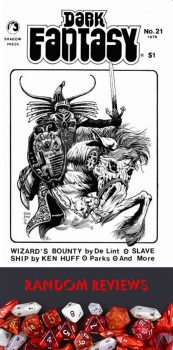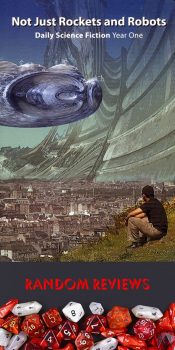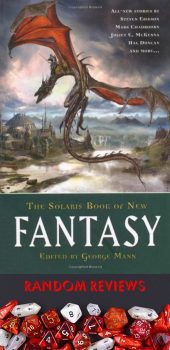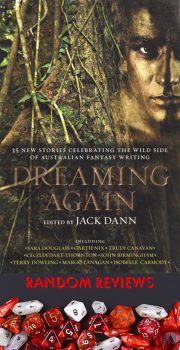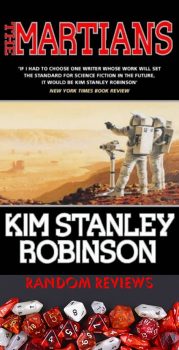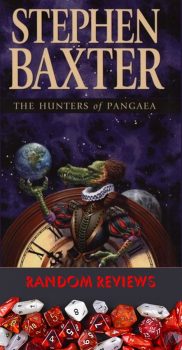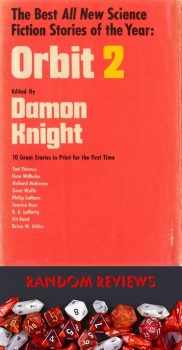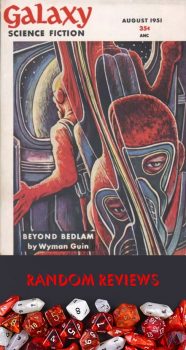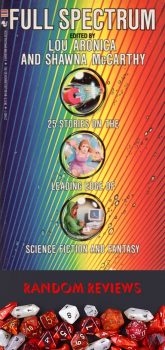Random Reviews: “The Case of the Somewhat Mythic Sword” by Garth Nix
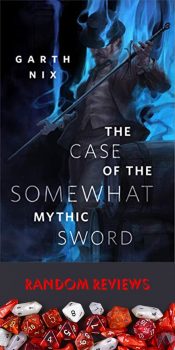
“The Case of the Somewhat Mythic Sword” is Garth Nix’s second story about Magnus Holmes, the less capable brother of Sherlock and Mycroft Holmes, a fact that Nix addresses almost immediately when Magnus notes that “Everyone wants Sherlock.” in response to a bar owner’s comment that he was hoping Sherlock had taken the case. However, Magnus and his partner, “Almost-Doctor” Susan Shrike have their own strengths which can be brought to bear in this particular case.
While the Sherlock Holmes stories by Arthur Conan Doyle tend to rely on logic and deduction, Nix’s story about Magnus Holmes focuses more on the supernatural. Magnus, himself, is the subject of an amorphous curse that equates his being in darkness with the death and destruction of those around him. When the nature of this curse is revealed, it has a bigger impact on the reader who has not read Nix’s earlier Magnus Holmes story, “The Curious Case of the Moondawn Daffofils Murder as Experienced by Sir Magnus Holmes and Almost-Doctor Susan Shrike,” which appeared nine years before the current story.
Investigating the tavern’s cellar at the request of the publican, Magnus and Susan discover a medieval knight who has been enjoying the pub’s wine and paying with faery gold. The publican called for their assistance (or actually Sherlock’s) when a river appeared in his cellar around the knight. Discussion with the phantom reveals a link to the Arthurian legends and Magnus determines that he must help the knight achieve his goal in order to resolve his appearance in the cellar
When Mrs. Davies, a magical adept shows up and attacks Magnus, he determines that in order to defeat her, he must voluntarily unleash his curse and the rest of the story involves the battle between Magnus and his opponent and the destruction caused by both as Almost-Doctor Susan Shrike attempts to mitigate further disaster. …
